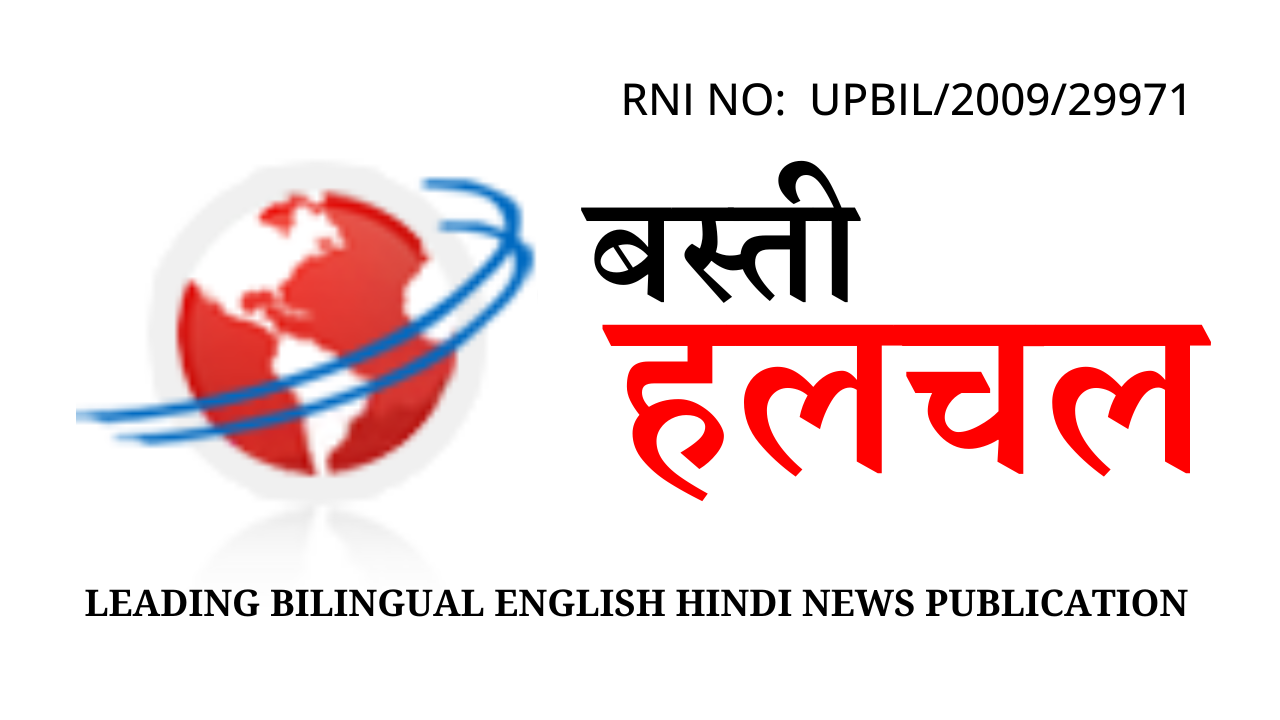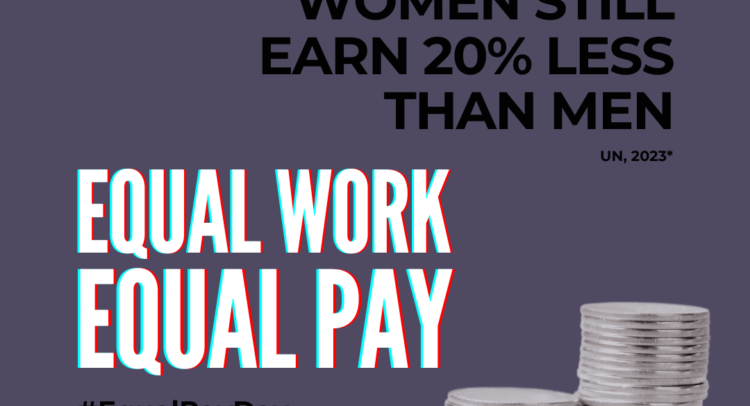New Delhi: Observing World Equal Pay Day today, the Indian Journalists Union (IJU) urges media houses and managements in the country to take concrete and fundamental steps to close the discriminatory gender pay gap prevalent in the profession. The union also demands from the government, particularly the Ministry of Women and Child Development that it ensures pay parity to further its goal of women rights and empowerment.Observing World Equal Pay Day today, the Indian Journalists Union (IJU) urges media houses and managements in the country to take concrete and fundamental steps to close the discriminatory gender pay gap prevalent in the profession. The union also demands from the government, particularly the Ministry of Women and Child Development that it ensures pay parity to further its goal of women rights and empowerment.
Joining its partner, the International Federation of Journalists (IFJ), the IJU notes ‘while gender pay gap globally approaches 20%, women in journalism are no exception and are consistently paid less than their male counterparts.’ It thus calls on governments ‘to implement legislation closing the gender pay gap in journalism and for the media industry to adopt concrete policies to eradicate wage discrimination.’
Despite representing a significant portion of the journalism workforce, women are consistently paid less than their male counterparts. This inequality undermines not only the rights of women in the workforce but also the credibility and ethical standards of the profession at large. A multitude of studies reveal the gender pay gap in journalism spans across all continents, media organisations, and beats. According to ILO 2023 Global report women earn on average 80% of what men earn. At current rate, it will take until 2086 to achieve wage equality worldwide.
The IJU joins IFJ’s recommendations: conduct audits in all media organisations to assess gender pay gap; introduce mandatory pay transparency policies in media companies; adopt Equitable Advancement Opportunities that support women into leading roles and ensure they are equally represented in decision-making positions; adopt non-discrimination policies and collective agreements to eliminate bias, harassment and violence at work and ensure a safe working place and set fair pay policies for freelancers, including fair wages, benefits, and job security.
In a statement, IJU President and Former member of Press Council of India Geetartha Pathak and Secretary General and IFJ Vice President Sabina Inderjit said gender pay gap is discriminatory and state affiliates and trade unions must play their role in pushing for an equitable society and demand equal pay for all by reaching out to both the Centre and State governments to insist that policies for advancement of women are practiced.
Observing World Equal Pay Day today, the Indian Journalists Union (IJU) urges media houses and managements in the country to take concrete and fundamental steps to close the discriminatory gender pay gap prevalent in the profession. The union also demands from the government, particularly the Ministry of Women and Child Development that it ensures pay parity to further its goal of women rights and empowerment.
Joining its partner, the International Federation of Journalists (IFJ), the IJU notes ‘while gender pay gap globally approaches 20%, women in journalism are no exception and are consistently paid less than their male counterparts.’ It thus calls on governments ‘to implement legislation closing the gender pay gap in journalism and for the media industry to adopt concrete policies to eradicate wage discrimination.’
Despite representing a significant portion of the journalism workforce, women are consistently paid less than their male counterparts. This inequality undermines not only the rights of women in the workforce but also the credibility and ethical standards of the profession at large. A multitude of studies reveal the gender pay gap in journalism spans across all continents, media organisations, and beats. According to ILO 2023 Global report women earn on average 80% of what men earn. At current rate, it will take until 2086 to achieve wage equality worldwide.
The IJU joins IFJ’s recommendations: conduct audits in all media organisations to assess gender pay gap; introduce mandatory pay transparency policies in media companies; adopt Equitable Advancement Opportunities that support women into leading roles and ensure they are equally represented in decision-making positions; adopt non-discrimination policies and collective agreements to eliminate bias, harassment and violence at work and ensure a safe working place and set fair pay policies for freelancers, including fair wages, benefits, and job security.
In a statement, IJU President and Former member of Press Council of India Geetartha Pathak and Secretary General and IFJ Vice President Sabina Inderjit said gender pay gap is discriminatory and state affiliates and trade unions must play their role in pushing for an equitable society and demand equal pay for all by reaching out to both the Centre and State governments to insist that policies for advancement of women are practiced.


